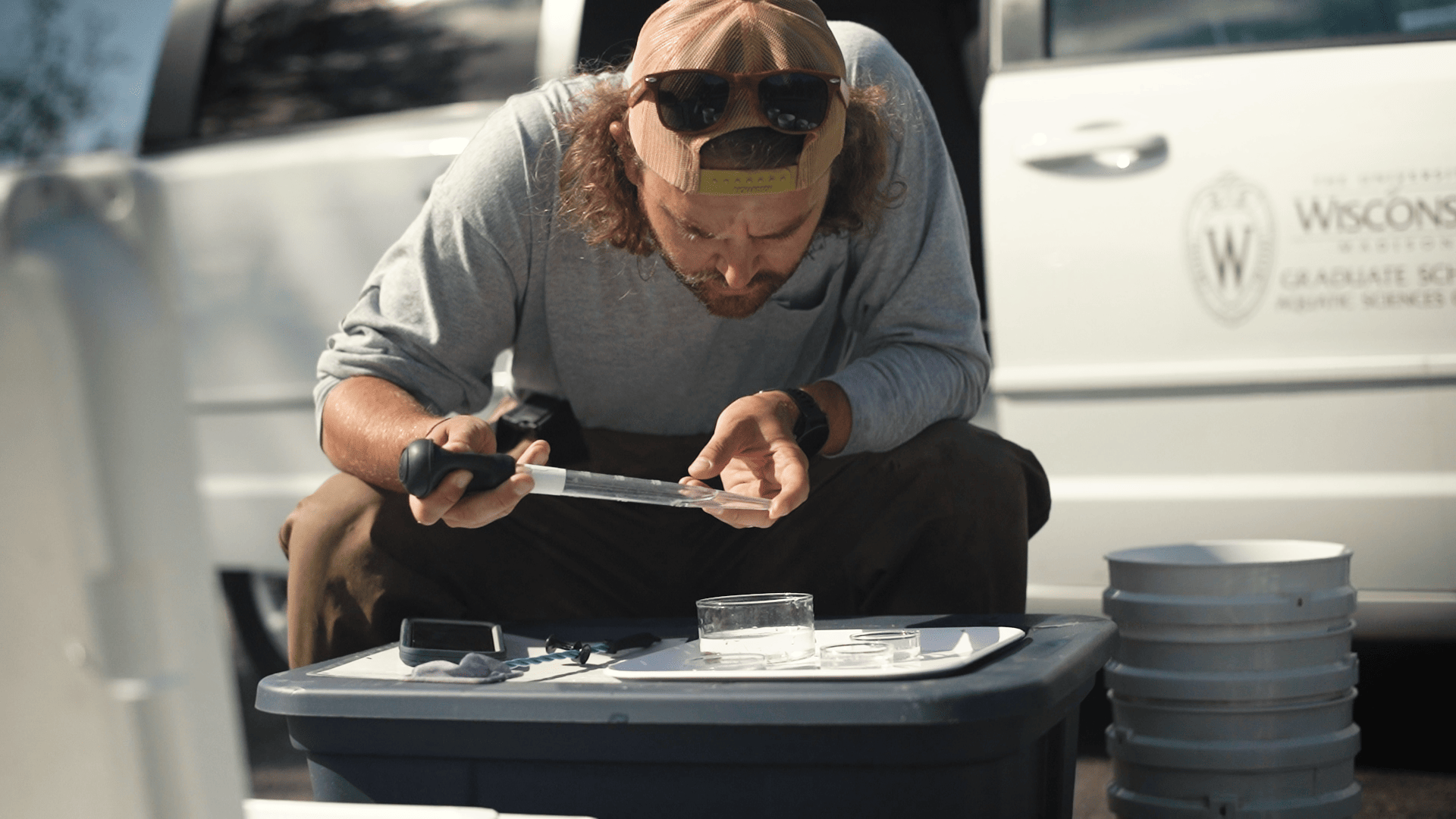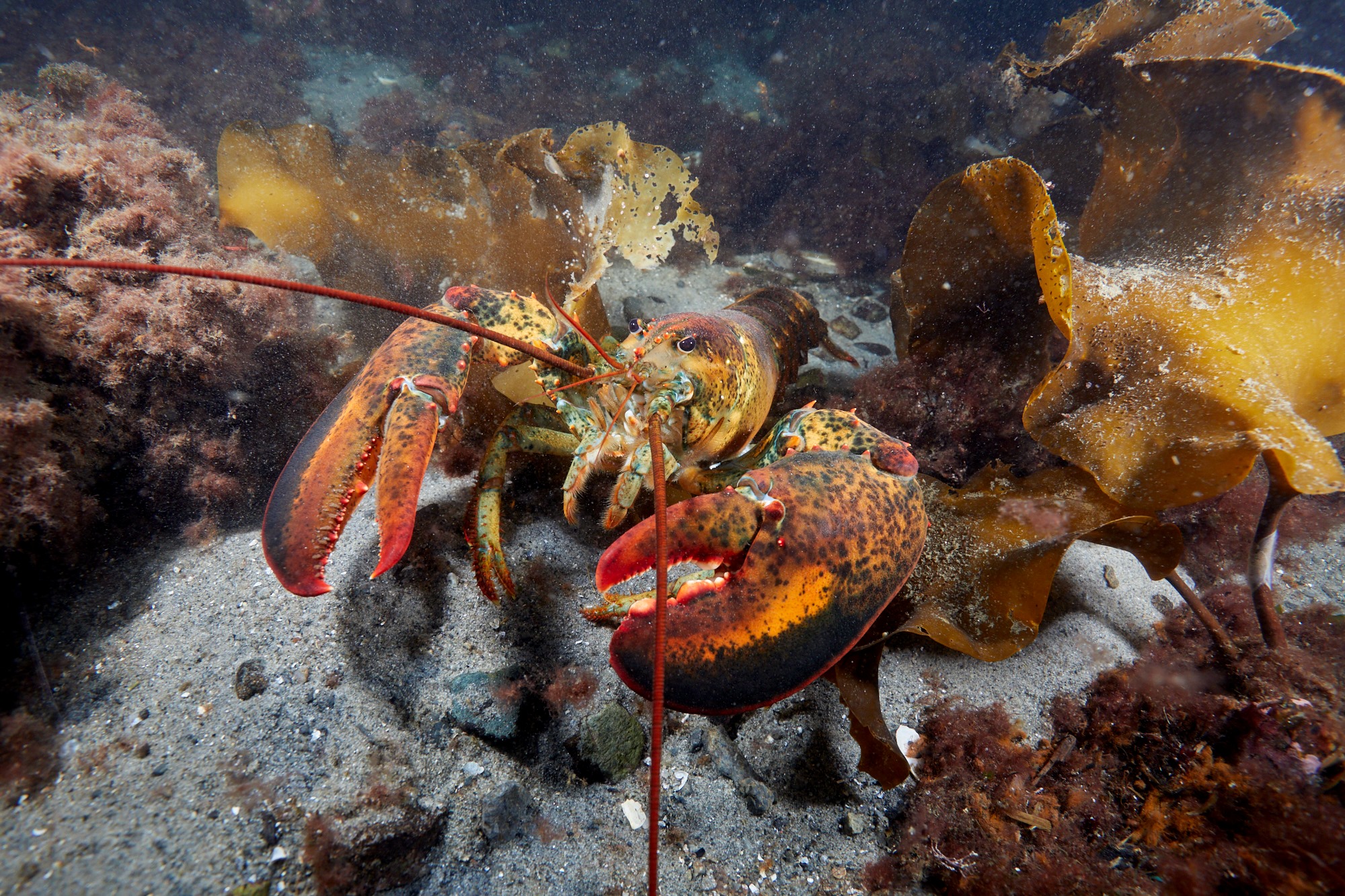Citizen Science in Florida
By Rebecca Burton, Florida Sea Grant
Each time you wash your face or brush your teeth, you just may be adding microscopic bits of plastic into the aquatic environment. These tiny particles never biodegrade and are accidentally eaten by marine life, threatening their health. Toxins in the environment are attracted to and can easily adhere to their surface.
These tiny bits of plastic, smaller than the width of a pencil eraser, are causing a big problem and Maia McGuire, Florida Sea Grant agent with UF/IFAS Extension in St. Johns and Flagler counties, is proposing a solution.
McGuire was recently awarded a $17,000 grant from NOAA’s Marine Debris program grant to raise awareness about microplastics in the ocean by creating a statewide citizen science initiative.
As part of her campaign, titled the Florida Microplastic Awareness Project (FMAP), she will be training Floridians to take water samples to detect the amount of microplastics in coastal waters across the state. The data collected by volunteers will be posted on a Google Maps database, accessible through the FMAP website.
“The analysis is primarily to be able to show people that microplastics are present in local waters, and that this is not just a Great Lakes or Pacific Ocean issue as people might think from media coverage,” McGuire said.
Few scientific studies have investigated the impacts of microplastics, but currently available evidence suggests these particles are common in the world’s oceans and that tiny, foraging sea creatures sometimes consume them.
“We know that birds and fish can starve to death from consuming large pieces of plastic they mistake for food. It fills their stomachs, but it’s indigestible and doesn’t contribute any nutrients,” she said.
“One fear is that this same thing could happen when microscopic invertebrates such as plankton eat microplastic. Scientists also do not know whether the plastic will get transferred up the food chain to animals that eat the plankton.”
Polyethylene microbeads used in toothpastes, facial scrubs and other personal-care products are one source of microplastic, because many water-treatment facilities are unable to filter them out. Synthetic microfibers used in garments can also break loose during washing and may be small enough to escape water-treatment filters, thus ending up in wastewater effluent. For plastic garbage at sea, wave action and sunlight can weaken large items and break them into ever-smaller fragments. Some microplastic material is dust from construction or industrial processes that’s carried to the ocean by wind or water.
McGuire has created a pledge form to distribute at outreach events to encourage citizens to read the labels on their personal care products and avoid purchasing those containing polyethlylene. As a prompt to help them remember, they will also receive a magnet saying, “I pledge to keep our ocean clean by saying ‘no’ to polyethylene.” McGuire hopes to get at least 1,000 people to sign the pledge form in the first year.
All of these tiny plastic particles wouldn’t be such a problem if they quickly broke down into simpler chemical forms, but plastic molecules are very resilient and could remain intact to threaten the environment for thousands of years, McGuire said.
“We have to think very carefully when we purchase and dispose of products,” she said. “If we change our behavior a bit, we can reduce the amount of plastic that makes it to the ocean.”
For more information and to get involved, visit: www.plasticaware.org, or join the Facebook group.
A video about the project is also available.


